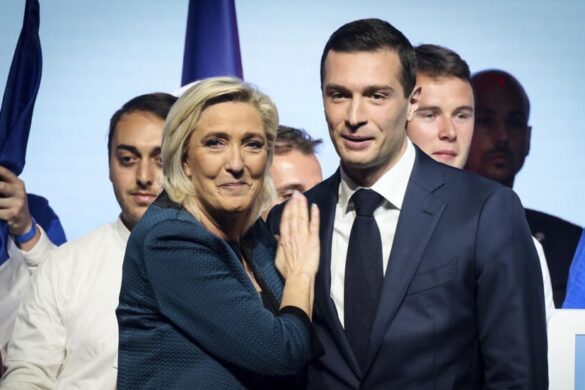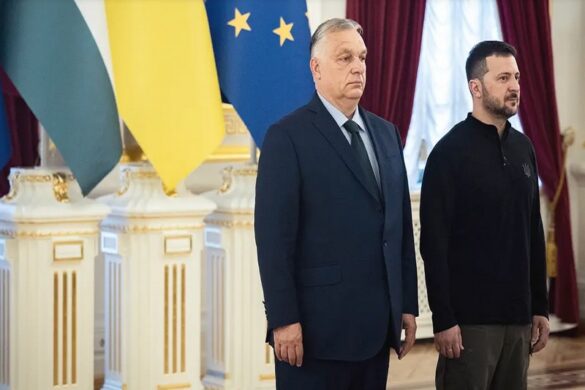The European Union’s Emergency Response Coordination Center in Brussels has been providing shelter, food, vehicles or medical aid to Ukrainians since February.

In the crisis room under the wall of giant screens are displayed maps, statistics and six clocks which indicate the local time in different points of the globe. For nearly nine months, one of them has been settled in kyiv. Experts working here devote most of their time to Ukraine. “It is really the most important operation, explains Hans Das, the director of emergency operations, the most complex and the longest ever carried out at the European Commission.”
“We received requests for assistance from Ukraine as early as February and since then we have sent 75,000 tonnes of material there.”
With the intensification of the bombardments in Ukraine and the approach of winter, the need for humanitarian aid will increase. Nearly 18 million Ukrainians need assistance. Since last February, Europeans have been sending them shelter, food, medical or technical aid to repair or replace critical infrastructure. All needs identified by Kyiv are closely coordinated in Brussels by the European Union Emergency Response Coordination Center, an operational center that operates 24 hours a day.
>>> War in Ukraine: follow the latest developments on the conflict
In addition to shipments of equipment, the center also coordinated the evacuation of more than 1,500 wounded or sick and their transfer to European hospitals. But as winter approaches with Moscow’s systematic destruction of electricity infrastructure and the ongoing conflict, needs are changing. “Right now we are focusing a lot on generators, says Hans Das, Europe has already sent 500 to Ukraine. We are also mobilizing on more specialized assistance, we have mobile bridges, ambulances.” Fifty school buses have even been sent to transport children to schools that are not destroyed!
Unfailing solidarity
The teams exchange daily with kyiv. Thursday, November 17 in the morning, the first snowflakes appear in the Ukrainian capital tells one of their colleague, joined in video. It coordinates humanitarian aid locally. This entry into winter worries him a lot because the needs are likely to be immense. The aid is provided by the Member States and a share of the European budget. “We encourage Member States to mobilize enough resources to meet this announced increase in needs, underlines Janez Lenarcic, the European Commissioner for Crisis Management oversees this center. “These needs may also concern the Member States themselves, because we cannot rule out an increase in refugees precisely in connection with these worsening conditions in Ukraine.” European Union goes to Ukraine but also to the neighboring countries which host the refugees.


